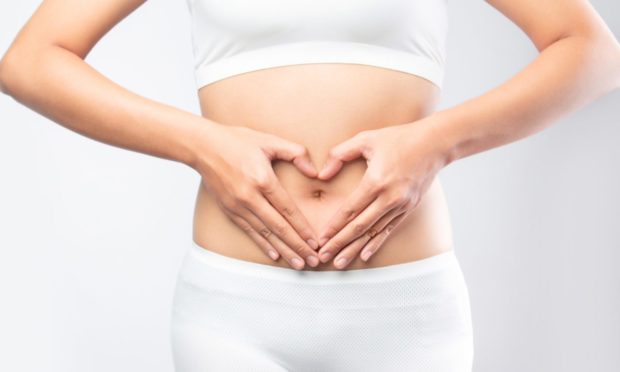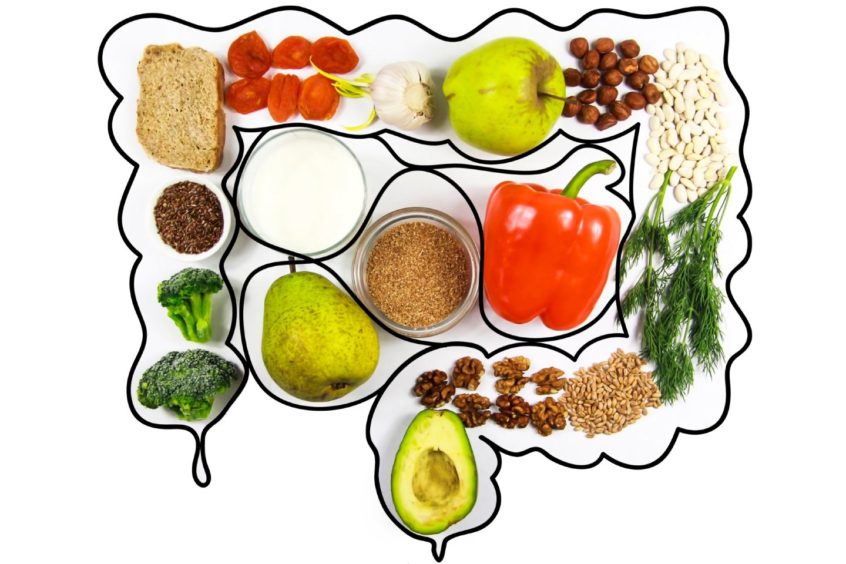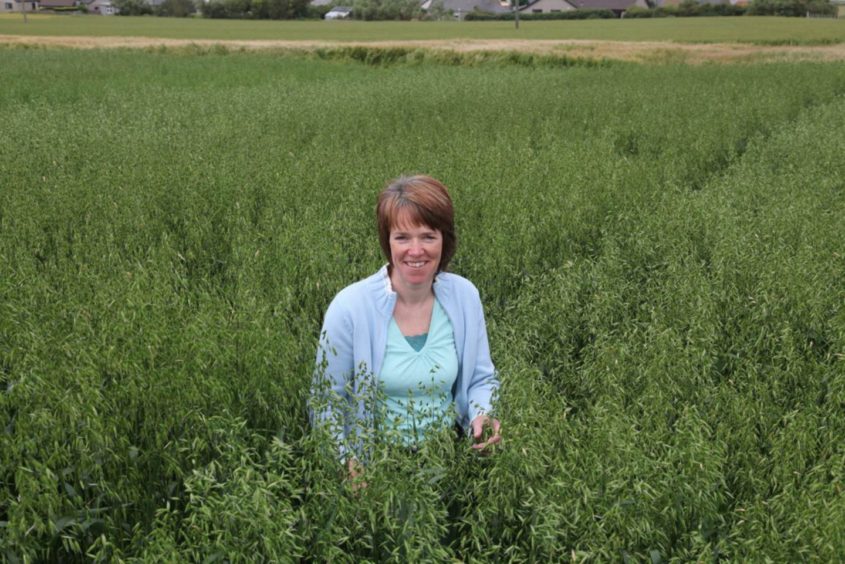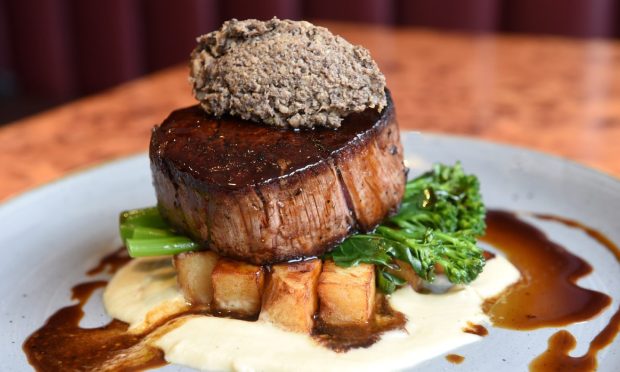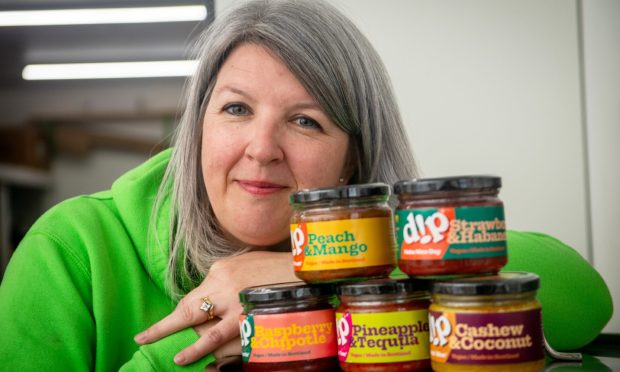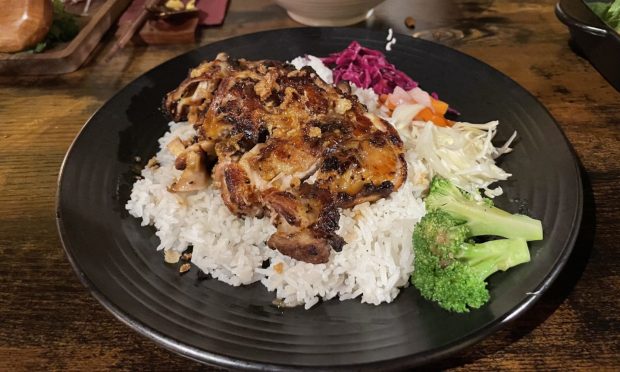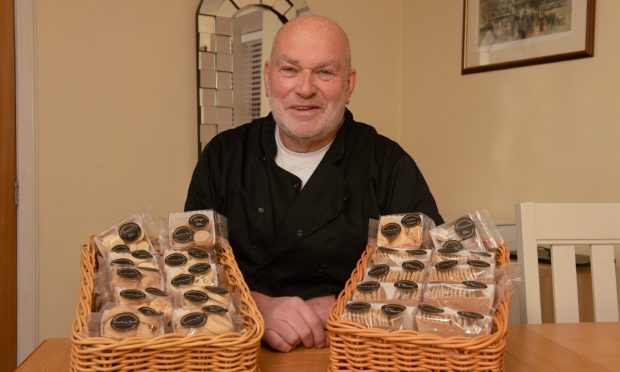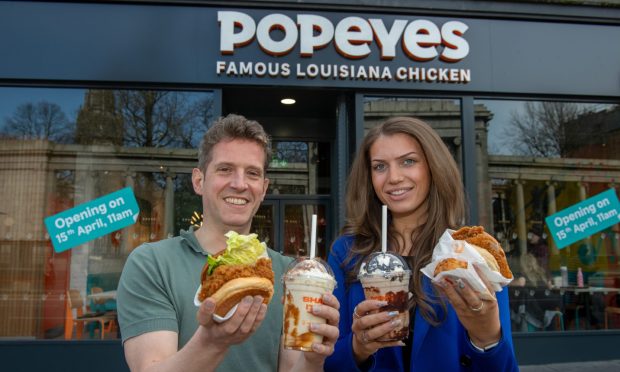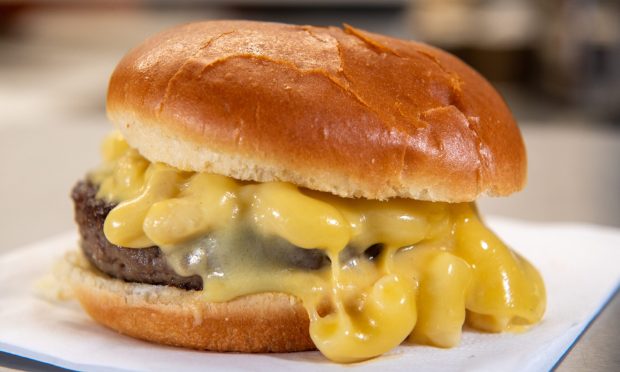Clare Johnston talks to Dr Karen Scott, senior research fellow at the Rowett Institute, to learn about the advances in our understanding of bacteria living in our digestive system and the vital role they play.
If there’s one thing we can clearly understand about the research being done around our gut microbiology, it’s that there is so much more yet to be discovered.
Multiple studies around the world over the last decade have given us a fascinating insight into the role played by bacteria in our digestive system and our overall health and wellbeing. But although science is coming tantalisingly close to unlocking some of the human body’s longest-held secrets, we’re not quite there yet.
The good news is that what we know so far allows us to make a strong start on boosting the good bacteria in our guts, and hopefully our health too.
Among those working daily to understand the role of different bacteria that can survive in our digestive tracts, is Dr Karen Scott, senior research fellow at the world-renowned Rowett Institute at the University of Aberdeen. Once she and her colleagues can understand these important functions, they can then work out how to ensure the numbers of bacteria that are most beneficial to us are maximised.
Then there is a job to be done in working out the best way of getting good bacteria into our guts, as some – likely the more important ones – cannot survive in oxygen. For now, as far as probiotic products are concerned, we are reliant on generic strains that can survive outside of the gut.
She explained: “Many of the bacteria that are found in yoghurts and probiotic bacteria are not quite so oxygen sensitive and that’s why they’re being used. Whilst they live in our large intestine in the anaerobic conditions in there, they also don’t die instantly when they’re put in that tub of yoghurt outside the intestine. The more numerous bacteria – and arguably those more important for health – can’t survive those conditions and that’s partly why there’s a lot of science going on to develop new bacteria to use as probiotics.
“As our knowledge develops we will realise there are better bacteria that might be more effective but we don’t have the technology to use them yet.”
Dip a toe into the coverage of gut health online and you’ll find endless articles on both probiotics and, more recently, prebiotics which are now being heavily promoted in some quarters. As a potted guide, probiotics are live bacteria, while prebiotics are what bacteria feed off – so they help create the conditions for probiotics – and our resident bacterial community – to thrive.
But if your head is spinning at all this science, Dr Scott says there is a simple way of boosting those helpful bacteria in your gut.
“The more diverse your diet is, the more diverse the bacteria in your gut. The different bacteria in the gut prefer different substrates to use as food source so the more diverse your diet is the more likely you are to be providing food for all those different bacteria. A varied and diverse diet is the best way.
“There are people out there who, for whatever reason, can’t eat as diverse a diet as they should with as much fibre, fruits and vegetables and cereals and all these different sources, and I think for those people who are lacking that diverse diet that’s when you start needing to think about supplementing in some way by having a specific prebiotic to keep the bacteria going or adding a probiotic bacterium.”
Fermented products such as kefir and kombucha, have also grown in popularity in the last couple of years and, says Dr Scott, they do have a role to play.
“There certainly is a growing body of evidence that people who consume fermented foods tend to have a healthier gut microbiota.”
But just as a healthy diet full of fruits and vegetables can help us boost our gut health, so a poor diet can force our good bacteria into a retreat.
“If your diet contains a huge amount of highly refined and processed food then your diet itself contains a lot more salt and sugar, but the problem is actually the fact that a lot of the food that contains that sugar is highly refined and highly processed which means it’s got less fibre. Most of the [refined] food is absorbed in the upper intestine and doesn’t reach the large intestine, and it’s the food that reaches the large intestine that’s really important for the growth of the vast number of these [good bacteria]. They live in the large intestine where they are essential to your health.
“Probably the bottom line is that anything that’s bad for us is bad for our gut bacteria. We all know drinking too much alcohol is bad for us. I’m not one of those who doesn’t ever drink because it might affect my gut bacteria, I think moderation in all things [is important].
“If you have a healthy diverse diet and that includes what liquids you consume as well, then that’s good for your gut bacteria. Some of the phytochemicals in certain types of alcohols have been shown to be beneficial; one of the ways that’s manifested is through the action of gut bacteria as well. So moderation and diversity are really key points. “
In the past it was thought that the food we ate only affected our digestive health, but there is increasing evidence to suggest our diet – and the bacterial make-up of our guts – has a much wider impact, even influencing our mental wellbeing.
Dr Scott added: “The metabolic products of our gut bacteria are absorbed into the blood stream and circulate around the body. During that circulation they interact with different receptors in different sites in the body and that’s what has this effect on other parts of our health. The gut-brain axis is something we’ve become aware of in the last decade and in the last few years there’s more and more research been done and there’s quite strong evidence.
“There are some signals that bacteria in the gut can interact with our wellbeing centre in the brain and there’s been some links between bacteria and depression. We’re at the very early stages of the research into the mechanisms of it all. It’s a very interesting area and I think in the next few years we’re going to discover a lot more about that.”
Meanwhile, trying to choose the best probiotics to suit your individual needs is difficult, even for a scientist.
“It’s very challenging, it’s even challenging for me and I have a bit of knowledge.”
So, for now, beyond eating a varied diet, probiotic supplements could be most beneficial in certain circumstances.
“If you’ve been on antibiotics that are broad spectrum they will kill the bacterium they are targeted against, but they’ll also have activity against your general gut bacteria as well. That’s why when you take antibiotics you quite often get an upset tummy. I would advise anyone taking antibiotics to also take probiotics at that time. When it’s me I take them with [the antibiotic], and keep taking them for a while after.
“In this case it doesn’t really matter what probiotic you take as long as it’s a genuinely validated probiotic that contains a specific number of bacteria.
“For other conditions if you want your probiotic to counteract the symptoms of a very specific disease, there’s been some studies around Crohn’s Disease for example, then you do need to see which particular probiotic bacterium has been proven to have that effect and use that one. If you use a different one it may or may not work, and if it doesn’t work the problem may not be the probiotic, it’s that you aren’t using the right one.”
As Dr Scott and her colleagues in the science community continue their work to unravel the different roles played by the bacteria in our guts, there are even signs that they may influence our ability to fight off infection – perhaps even including the coronavirus.
“We’re at the very early stages of this research. Potentially there also are factors that may be linked to the gut microbiota that could end up being important [in relation to Covid-19]. The studies haven’t been done yet but we know certain bacteria have specific receptors for viruses.
“The more you find out the more you realise how much there is still to learn.”
